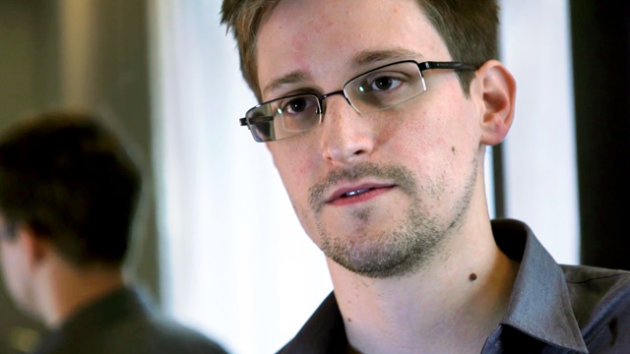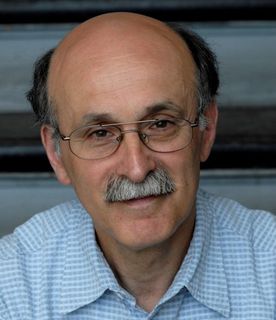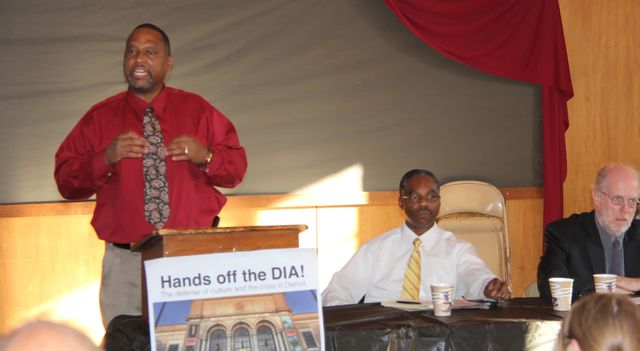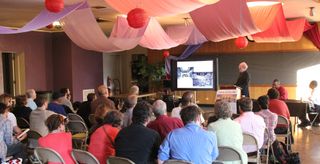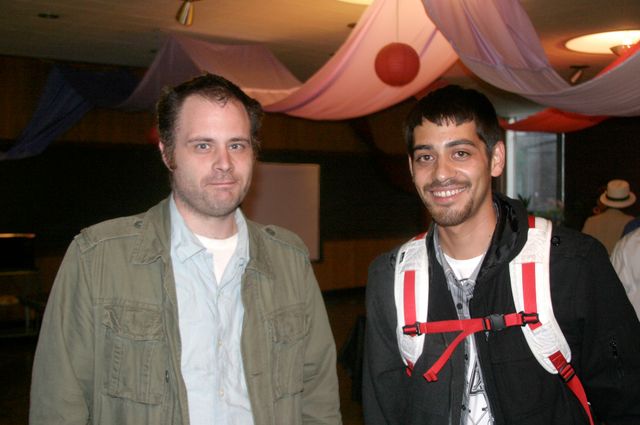---------- Forwarded message ----------
From: "Socialist Equality Party" <sep@socialistequality.com>
Date: Jun 15, 2013 12:35 PM
Subject: SEP Newsletter: Obama moves to escalate Syrian slaughter
To: "rferrisx@gmail.com" <rferrisx@gmail.com>
Cc:
---------------------------------------------------------------------------
To be unsubscribed from the Socialist Equality Party Supporters mailing list, simply click on the link below:
From: "Socialist Equality Party" <sep@socialistequality.com>
Date: Jun 15, 2013 12:35 PM
Subject: SEP Newsletter: Obama moves to escalate Syrian slaughter
To: "rferrisx@gmail.com" <rferrisx@gmail.com>
Cc:
| ||||
To be unsubscribed from the Socialist Equality Party Supporters mailing list, simply click on the link below:
